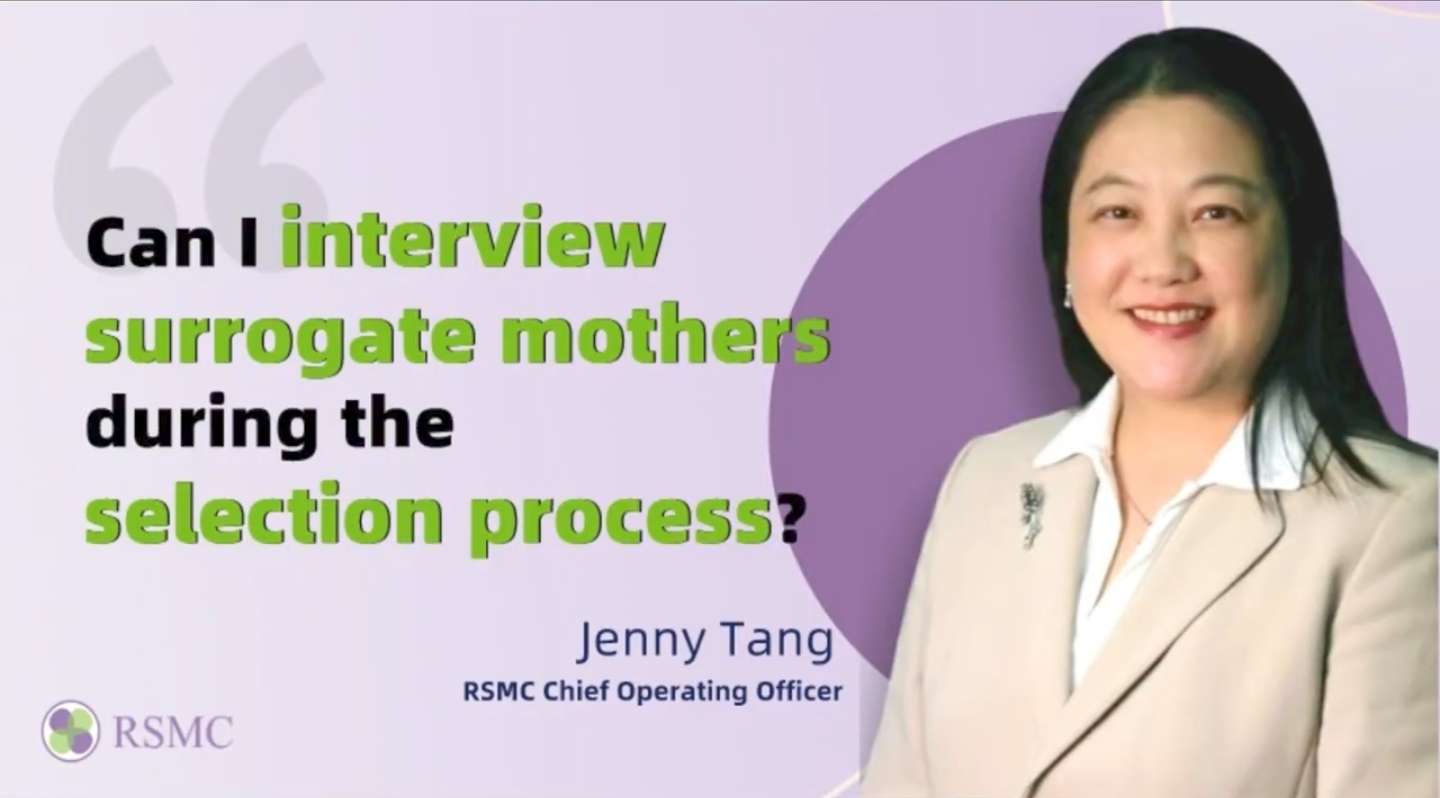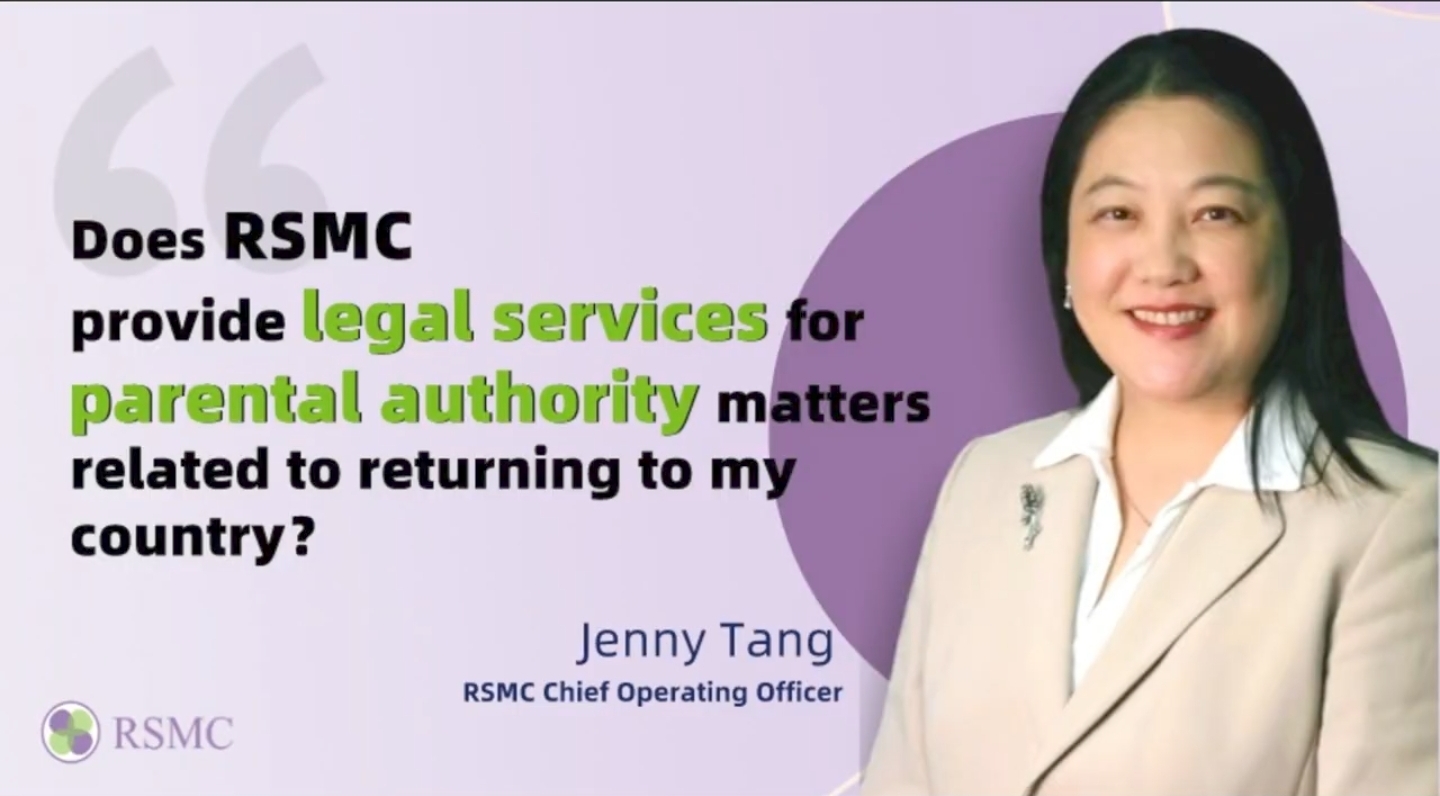What is Paternity Testing? Do I need a paternity test if I use surrogacy?
Paternity testing is a term that is becoming increasingly common in modern society and plays an important role in legal, medical and family relationships. Whether it is to confirm parentage, address legal conflicts, or to meet personal needs, paternity testing provides an answer in a scientific way. This article will take a closer look at the definition of paternity testing, providing the whys, hows and answers to FAQs such as do I need a paternity test if I use surrogacy, and what RSMC can offer.

Definition of Paternity Testing
Paternity testing is a scientific method of determining whether a biological parentage exists between two individuals. Typically, this is operated by comparing DNA (Deoxyribonucleic Acid), a genetic material unique to each person containing all of our genetic information. Since a child inherits half of his or her DNA from each of his or her parents, comparing the DNA of the parents with that of the child can accurately determine whether or not paternity exists.
Why Paternity Testing?
There are many reasons. The following are some common scenarios:
1. Legal needs: Paternity testing can provide crucial evidence when it comes to legal issues such as custody, inheritance or immigration applications. For example, after the death of James Brown, a famous American singer, a number of people claimed to be his children, and the legal heirs were eventually identified through paternity testing.
2. Personal needs: Some people have personal reasons for confirming their biological relations with a child or parent. For example, due to media reports, British soccer star Wayne Rooney had a paternity test to confirm whether he was the biological father of a child.
3. Medical needs: In certain medical situations, it is important to know the family's genetic history, and paternity testing can help determine if there is a risk of a specific genetic disease.
4. Surrogacy needs: In surrogacy, paternity testing can confirm the existence of a biological parentage between the surrogate mother and the child, which is legally required in some countries and regions.
How Paternity Testing Works
The process of paternity testing usually involves the following steps:
1. Sample collection: The most common samples are oral mucosal cells, which are gently scraped from the inside of the mouth with a cotton swab. In addition, blood, hair, nails, etc. can also be used as samples.
2. DNA extraction: The laboratory will extract DNA from the sample and purify it.
3. DNA Comparison: Through specific techniques (e.g. PCR amplification and STR analysis), the DNA fragments of the parents and the child are compared to find if there are the same genetic markers.
4. Result analysis: Based on the result, the probability of paternity is calculated. Usually, if the result shows a probability of 99.9% or more, the paternity can be confirmed.

Does a surrogate baby need to be paternity tested for citizenship?
Whether or not the surrogate baby needs paternity testing for a citizenship depends on the laws of different countries and regions:
Taiwan: Paternity testing is not mandatory for surrogate babies there. However, if you are a single man or a married male gay couple, paternity testing may be required by the authority, so it is recommended to use your own sperm during IVF. However, if you are a single woman or a married female gay couple, the testing is not likely to be required. Also,it is the mother’s name that will be on the birth certificate, not the name of surrogate or sperm donor. So the child's citizenship can be ensured even if you use egg donor or sperm donor. As for a heterosexual married couple, their names will be on the birth certificate, so there's no DNA testing required and you can directly apply for your baby's citizenship.
Mainland China and Hong Kong: Surrogacy is banned there and the law demands for a paternity testing to confirm the biological parentage of the child. We have legal professionals to assist you with the process if you are a single man or a married male gay couple.
Japan and Singapore: paternity testing is not legally required.
How RSMC assists in paternity testing?
As a professional clinic specializing in reproductive science and genetics, RSMC not only provides comprehensive paternity testing services, but cooperates with a number of world-class facilities to ensure the non-biased and professional testing. Whether it is for legal or personal needs, or it is for surrogacy, RSMC provides accurate and reliable DNA testing services through our partner laboratories, with precise management and advanced technique to ensure the accuracy and privacy of each test report, providing our clients with the most trustworthy scientific support.
We have about 30 years of experience in infertility treatment. In addition to professional IVF services, we also work with specialized attorneys to properly handle parental rights issues before the birth of your child, so that you can enjoy a worry-free journey. Currently, gestational surrogacy is legal in the USA that enjoys the most developed surrogacy laws. RSMC has become the first choice for numerous families to fulfill their dream of parenthood thanks to its high success rate and full spectrum of fertility care. If you would like to begin selecting a surrogate or to learn more about the surrogacy process, please contact us on Line / WeChat: rsmctw(+1 858-342-6046).
Other
-
2024/11/06surrogacy
Introduction to Surrogacy in the USA: Process and FAQs All in One
-
2024/01/29surrogacy
Does RSMC Provide Legal Services for Bringing the Child Back to the Home Country?



